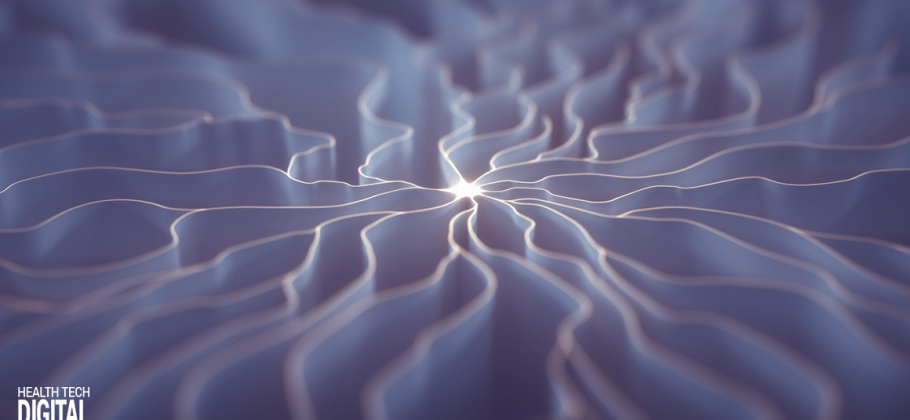While the use of artificial intelligence (AI) in healthcare raises a few concerns, mainly data privacy, fears of machine error and consequently mismanaged care for the patient there are many AI advances in healthcare which seem to have great potential.
One of the most useful and life changing uses of AI technology is in recognising human voice, relaying information and detecting early forms of diseases. In one instance a computer from a Danish AI software company was eavesdropping on a 911 call in Denmark. A woman’s father in Copenhagen fell on the floor and became unresponsive but during her call to Denmark’s health-emergency hotline a computer quickly determined that the man’s heart had stopped and issued an alert. The computer listened to the answers given by the woman while she was on the phone to the operator. Corti’s AI works by analysing the words used by the caller, tone of the callers voice and any background noise on the call. The AI software has correctly detected cardiac arrests with 93 percent accuracy whereas the average is 73 percent for human dispatchers.
It has recently been announced by Baidu Research that their deep learning algorithm can outperform humans when identifying Breast cancer metastasis and our prime minister Theresa May said an AI revolution would help the NHS to predict the early stages of cancer and help to prevent many cancer-related deaths. AI can also automate administrative tasks which could result in billions of pounds in savings for the healthcare industry. Voice-to-text transcriptions have the ability to help with the ordering of tests, medication prescriptions and note taking. By mining big data, physicians provide personalised and more effective treatments. Thousands of medical papers can be analysed using natural language scanning which can help with creating treatment plans quickly by processing large amounts of information.
AI is a technology that has the power and potential to make a real difference in the way the healthcare sector operates as well as save lives by faster diagnosing life threatening diseases.













